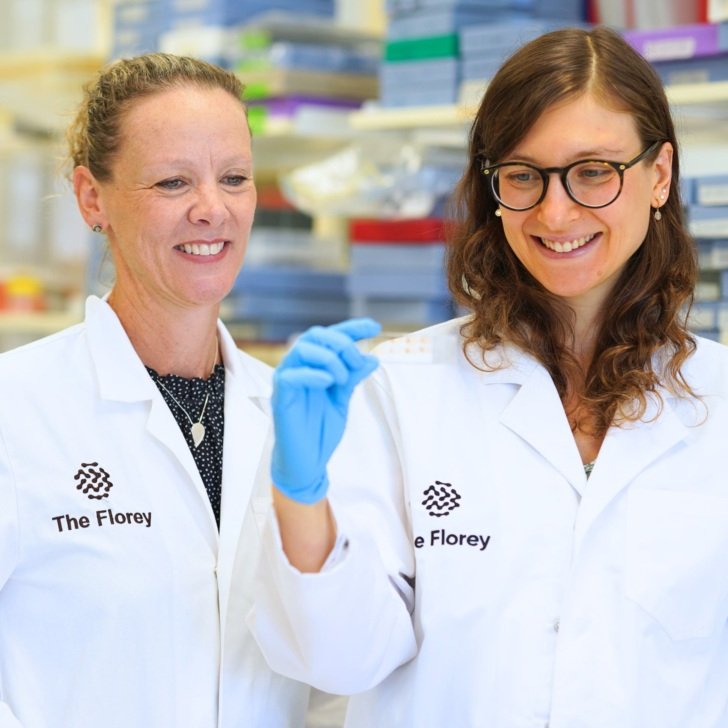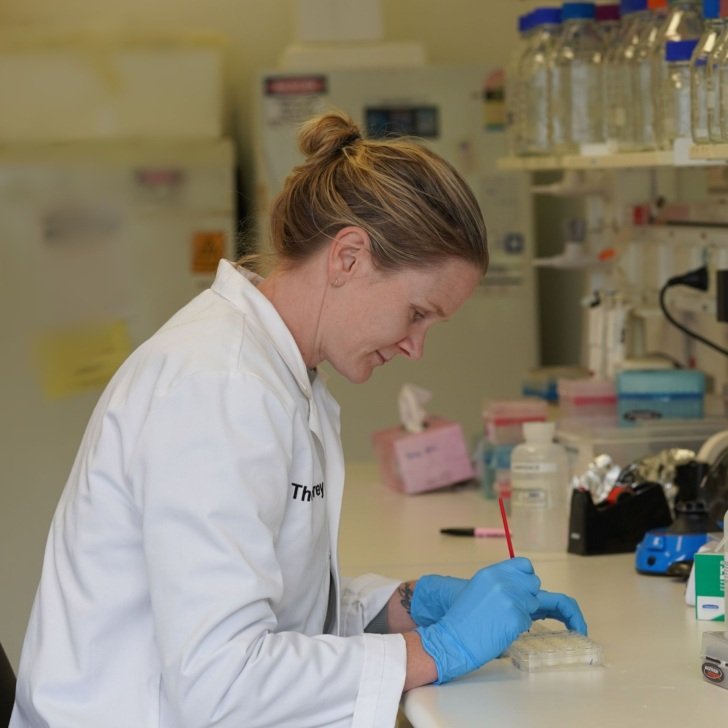Florey researcher Dr Liang Jin is leading a study to show the different ways in which different people with Alzheimer’s disease respond to certain medications thanks to a new NHMRC grant in the latest funding round.
With an aim to advance personalised medication for Alzheimer’s, the study will provide insights on how the dosing regimens of drugs should be adjusted in individuals at different stages of the neurological disease.
Alzheimer’s is the most common cause of dementia, a general term for memory loss and other cognitive abilities, and it accounts for 60–80% of dementia cases.
Currently people with Alzheimer’s are prescribed drugs to treat comorbidities – diseases or medical conditions present simultaneously with the illness. People with Alzheimer’s tend to have more comorbidities and may be prescribed 5–10 more medicines than those without Alzheimer’s, even after accounting for differences in age and gender.
The most common comorbidities in people with Alzheimer’s are diabetes, hypertension (high blood pressure), heart disease and neurological diseases such as anxiety and depression.
But Dr Jin’s recent studies have shown that various drugs interact differently in patients, leading to underdosing, overdosing and even adverse drug reactions. This can cause patients to be hospitalised, additional drugs to be prescribed and a worsened cognitive decline.
With this new study, the researchers say the results will uncover whether the metabolism of drugs is different in people with Alzheimer’s and whether the alterations are related to different disease stages, greatly advancing personalised medication use for people with Alzheimer’s disease.

Previously it has been assumed that Alzheimer’s affects the brain only and doesn’t impact the systemic exposure of orally administered medications. The researchers’ preliminary results showed that drug absorption is altered in Alzheimer’s.
Using data from the Florey’s Australian Imaging, Biomarker & Lifestyle Study (AIBL), the team will establish an association between medications’ exposure and the severity of Alzheimer’s. They will measure the concentration of drugs in Alzheimer’s and healthy control people and employ a pharmacometrics model to inform dosing regimen optimisation.
The research responds to the need for improved and more advanced precision medicine to assist clinicians identify each patient’s unique disease risks and treatments tailored specifically to them.
“We will provide insights on how the dosing regimens of drugs should be adjusted in individuals at different stages of Alzheimer’s,” Dr Jin said.
We are confident our study will lead the way to reducing potential adverse drug reactions and guide the development of a better Alzheimer’s care plan.”














